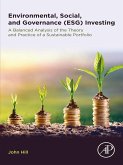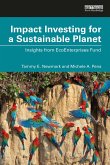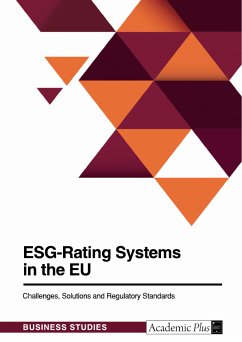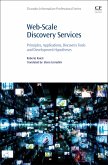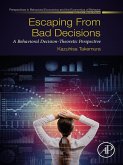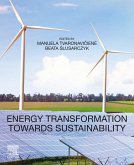Hybrid investment products-such as exchange-traded funds that combine the investment features of mutual funds with the trading features of stocks-are one of the most rapidly growing categories of investment funds with their total global value reaching almost $5 trillion. The book examines the linkages between ETFs and the FinTech sector in the context of sustainable development, as well as global sustainable development policies in relation to their effects on the popularity of sustainable investing. The book concludes with a discussion of the significance for other entities that may be affected, such as policy makers and recipients of funds invested through sustainable investment strategies.
- Includes case studies comparing the sustainable investment landscapes in Europe, United States, and Asia Pacific
- Features numerous richly illustrated charts and diagrams
- Offers both theoretical and empirical insights
- Reviews key academic and professional literature
Dieser Download kann aus rechtlichen Gründen nur mit Rechnungsadresse in A, B, BG, CY, CZ, D, DK, EW, E, FIN, F, GR, HR, H, IRL, I, LT, L, LR, M, NL, PL, P, R, S, SLO, SK ausgeliefert werden.



